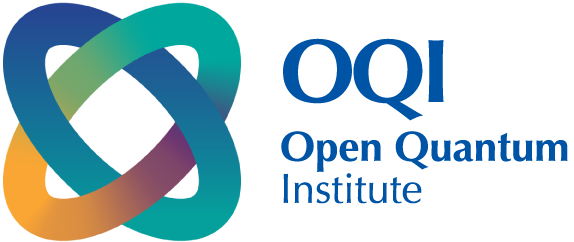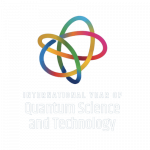Layout of Turbines in a Wind Farm
Quantum optimisation solution to efficiently layout of turbines in a wind farm and maximise the power produced.
OWNER

STATUS
Phase 2 – Full Proposal
QUANTUM APPROACH
Optimisation
SDGs
CONTRIBUTORS
University of Plymouth
G.Narayanamma Institute of Technology and Sciences
International Atomic Energy Agency (IAEA)
ORIGIN OF CONTRIBUTORS


CONTEXT/IMPACT:
Wind energy offers significant potential to reduce our reliance on fossil fuels and mitigate the negative impacts on the environment. This enables a move towards energy security and net-zero concerning carbon emissions, two urgent targets. The efficiency of these farms is crucial, especially for nations with limited financial resources, where optimising energy output is vital. Countries like Argentina, Colombia, Egypt, Indonesia, and Morocco are currently developing windfarms and will benefit significantly from improved efficiency. Despite its potential, there are numerous challenges in making wind energy both economically viable and reliable. One of the most significant challenges is optimising the layout of windfarms to maximise energy output. Choosing the best placement of all the turbines must account for many factors, including environmental, economic and infrastructural. In windfarm layout optimisation (WFLO), one key factor that reduces windfarm efficiency is the wake effect, where upstream turbines disrupt wind flow, reducing the power generated by downstream turbines. Modeling these wake effects is difficult, as the model should include multiple wind regimes and interactions between more than two turbines.
HOW COULD QUANTUM HELP:
The windfarm layout optimisation problem can be solved classically using advanced (Genetic) Random Search algorithms. These allow for multiple, possibly disconnected, polygons with continuous turbine placements. These have been tested for cases with hundreds of turbines. As newer types of turbines are developed, such as floating offshore with many more degrees of freedom, further modeling and more computationally costly evaluations are needed. The growing complexity of the problem could be tackled by quantum computers, where windfarms could be discretized into a grid and map this to a quadratic unconstrained binary optimisation (QUBO) problem. The search space grows exponentially with the number of variables, a characteristic that quantum computers can naturally handle by scaling resources linearly, allowing the problem to scale more efficiently on quantum hardware.




